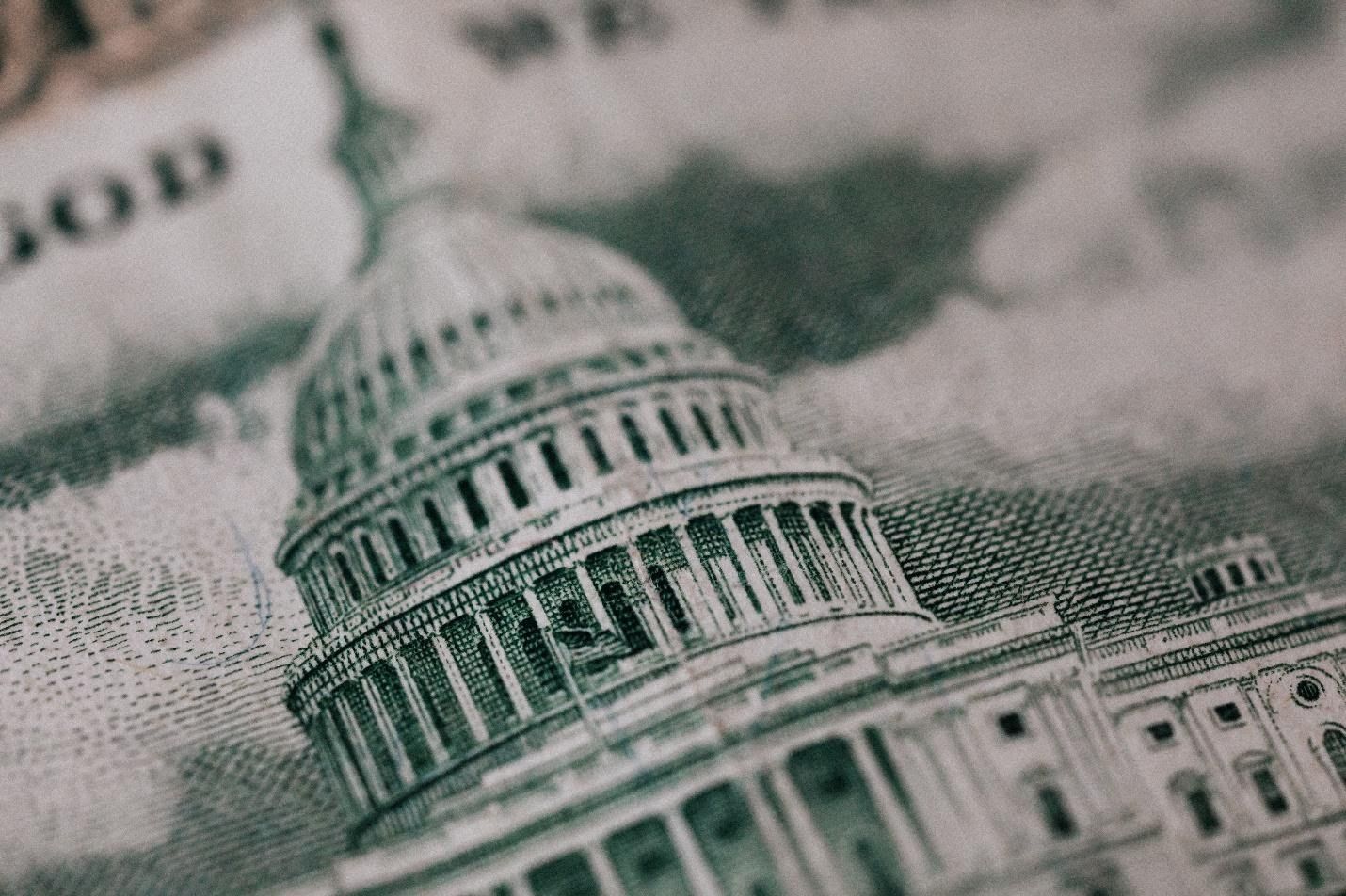Chief executives of FTX, Circle, Coinbase, and other crypto firms urged Congress not to impose stiffer rules, as lawmakers debate new regulation laws of digital currencies.
The CEOs testified before the House Financial Services Committee on Wednesday, citing cryptos are “harmless” as they democratize and innovate financial technology.
They urged the lawmakers that cryptocurrency will create the next generation Internet (or Web 3.0), level up the playing field for brokerages and institutional investors, and significantly reduce transaction fees for cross-border payments.
But the lawmakers were quick to question the volatility of digital assets, challenges they pose for currencies, and how they undermine the financial system’s stability.
Sam Bankman-Fried, the chairman and founder of FTX exchange, agreed cryptos should be regulated but he also subtly reminded the committee that the crypto industry is already regulated “in many ways.”
Crypto could undermine the US dollar, chair says
Maxine Waters, the representative of California and the chairwoman of the committee, was concerned that Meta’s crypto efforts (think the new Novi digital wallet and planned stablecoins) could “undermine” the US dollar.
Waters further questioned the CEOs about Paxos Trust’s stablecoin (now being tested in Meta’s Novi wallet for international money transfers).
She specifically wanted to know what could hinder Meta Platforms “and its nearly three billion monthly active users to make payments and save funds with the Pax Dollar or other privately issued stablecoins?”
For the record, Stablecoins are often backed by reserve assets, and they always maintain a fixed $1 value.
Charles Cascarilla, Paxos Trust chief executive, said cryptocurrency technology “is just a math equation”, adding it can benefit marginalized communities facing discrimination in the traditional financial sector. And that it goes beyond characteristic, gender, or race.
Cascarilla further noted that PAX Dollars (like all stablecoins) is backed by liquid money and cash equivalent reserves.
Blockchain “solves real-world challenges”
Denelle Dixon, Stellar Development Foundation chief executive, said [blockchain technology] is the answer to “solving real-world challenges.”
The foundation is developing a privately-owned digital coin with MoneyGram.
Alesia Jeanne Haas, CFO of Coinbase, hinted that cryptocurrencies are scaling beyond their original role as a speculative asset, adding nearly half of their customers are now trading in Bitcoin and other cryptocurrencies.
“We’re now in the utility phase [of the cryptocurrencies ecosystem]”, she adds.
Jeanne restated that digital tokens are “new assets” in the industry. So, they not only need to be regulated but also require new agreed-upon definitions.
Patrick McHenry, the representative of North Carolina, said Congress “shouldn’t be dumb enough to raise a red flag” around blockchain technology.












